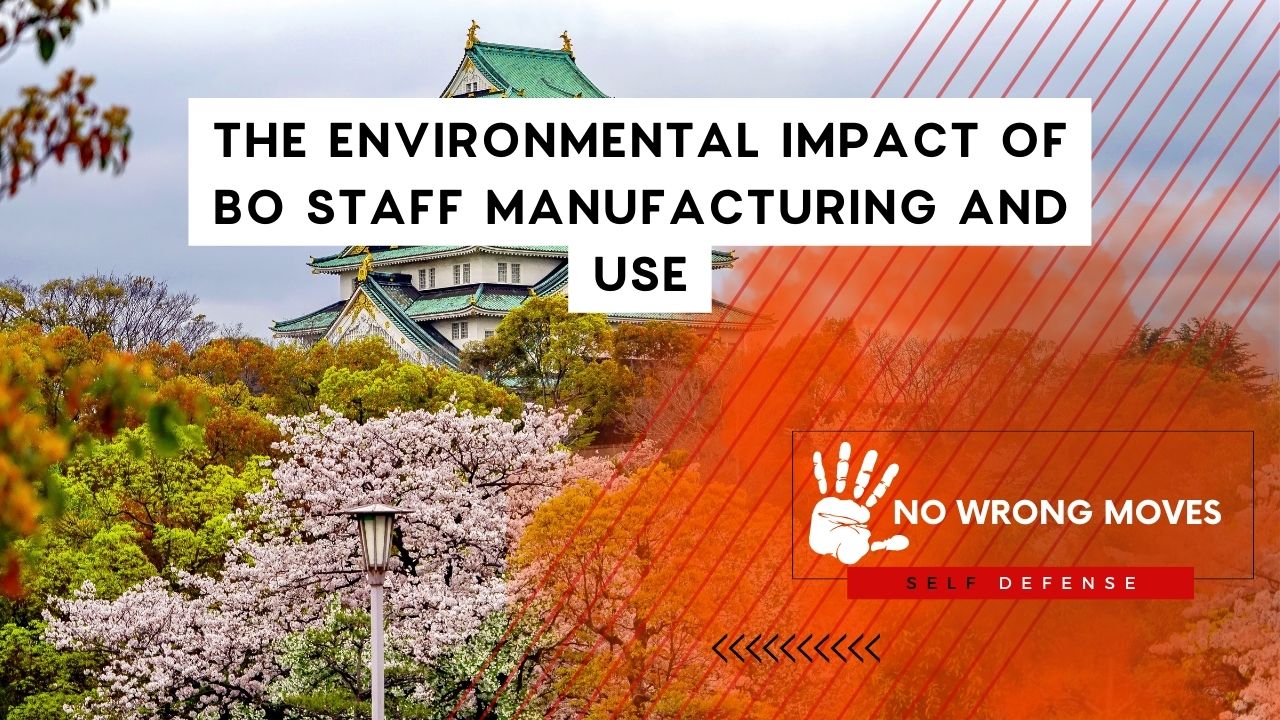
The art of Bojutsu is a tradition that has been passed down through the ages, with each generation refining techniques and perfecting the use of the tools and weapons involved. The bo staff, a long wooden rod, is a key part of this martial art, used for both defensive and offensive purposes.
However, as with any product that is made from materials, there is an environmental impact associated with the manufacturing and use of bo staffs.
In this blog post, I will explore the environmental impact of bo staff manufacturing and use, examining the materials used, the production process, and the eventual disposal of the product.
By doing so, we can gain a better understanding of how to make more sustainable choices when it comes to purchasing and using bo staffs.
Materials Used for Bo Staffs
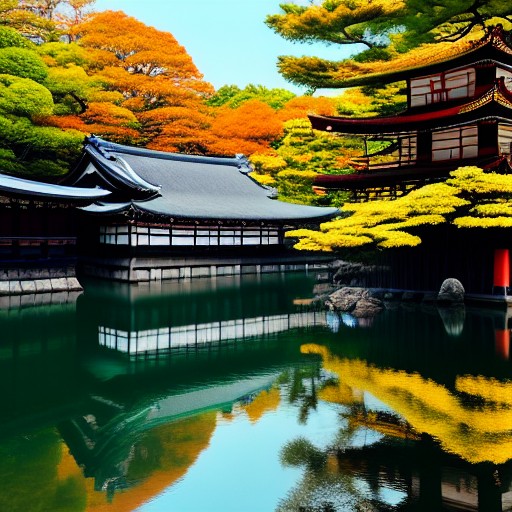
The materials used to make a bo staff are critical in determining its overall impact on the environment. Hardwoods, such as oak, are often the preferred choice due to their strength and durability, which is essential for a tool used in martial arts.
However, not all hardwoods are created equal, and some are more sustainable than others.
Bamboo is often touted as a more sustainable option, as it is fast-growing and renewable. However, while bamboo can be an excellent material for many products, it may not be the best choice for a bo staff, as it lacks the necessary strength and durability.
Other lighter woods, such as pine or spruce, may also be used, but these are not as durable as hardwoods and may need to be replaced more frequently.
In recent years, some manufacturers have begun to mix engineered plastics into their bo staffs, which can add strength and stiffness to the product. While this may be a more sustainable option than using hardwoods, it is important to consider the environmental impact of the plastic used.
Harvesting
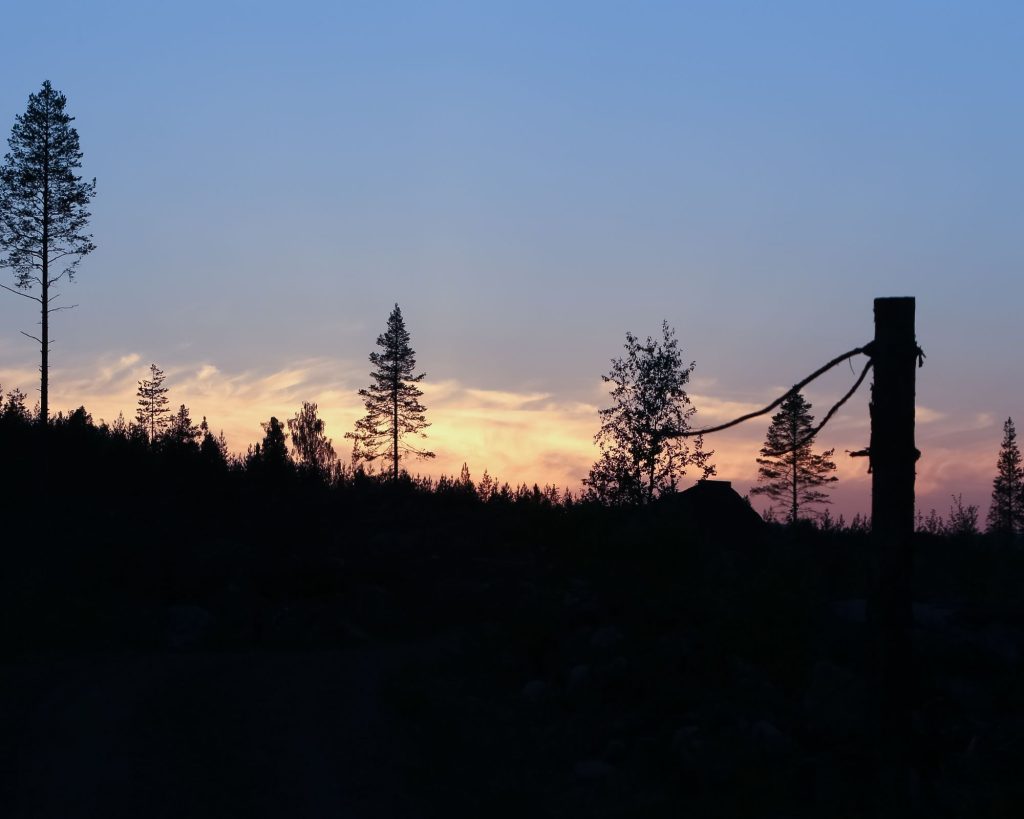
When it comes to bo staff manufacturing, the harvesting of wood is just the first step. After being cut down, the wood must be transported, processed, and crafted into the final product.
This process requires energy, water, and other resources, which contribute to the overall environmental footprint of the product.
Transportation
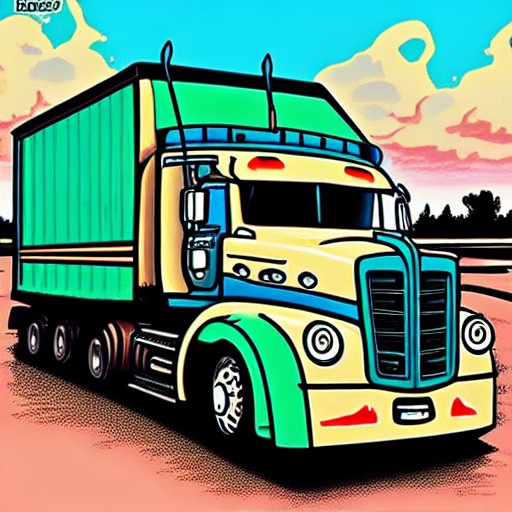
The transportation of bo staffs, both to and from the manufacturer, also has environmental impacts. Shipping by sea or air contributes to greenhouse gas emissions, which are a leading cause of climate change.
As consumers, we can make more sustainable choices by selecting products that are produced closer to home or by choosing alternative materials that have a lower environmental impact.
Production Process
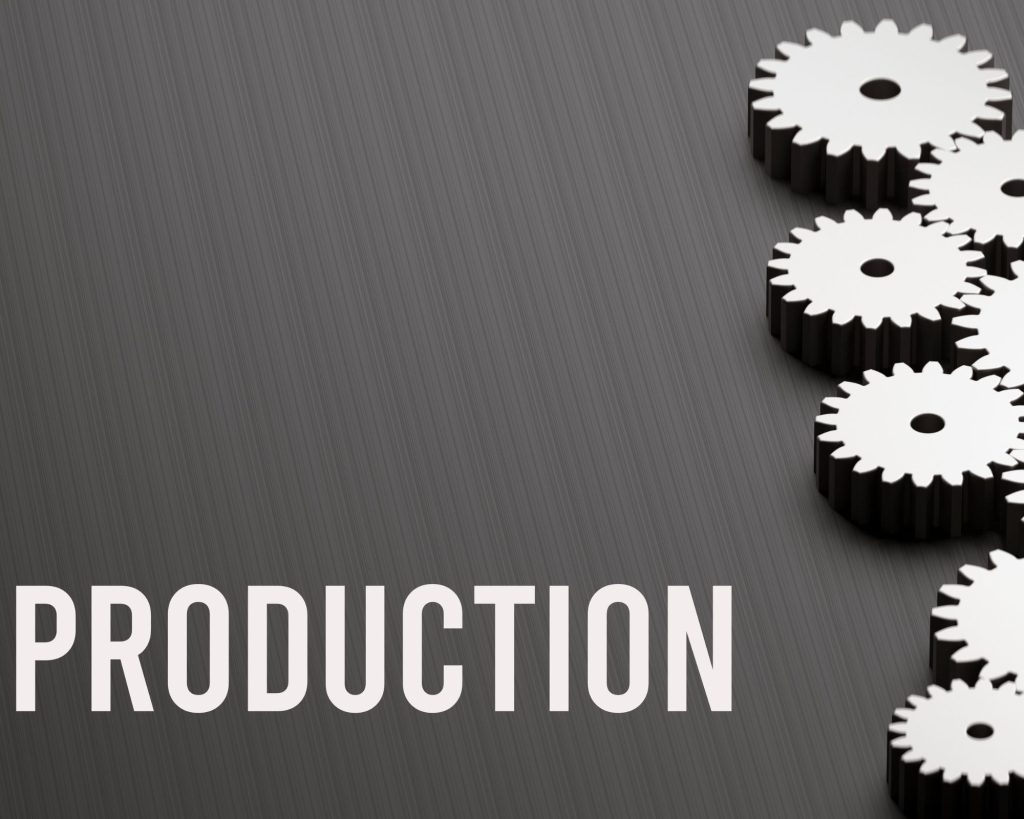
The production process of a bo staff also has an impact on the environment, particularly when it comes to the use of energy and chemicals. In the manufacturing process, the wood is cut, sanded, and shaped into the desired length and thickness.
This process requires significant energy input, as well as the use of various chemicals, such as adhesives and finishes.
Certain finishes, such as polyurethane varnishes, may contain potentially toxic chemicals, which can have a negative impact on the environment if not disposed of properly.
It is essential to consider the production process when choosing a bo staff, as a more sustainable manufacturing process will have a lower impact on the environment.
Disposal
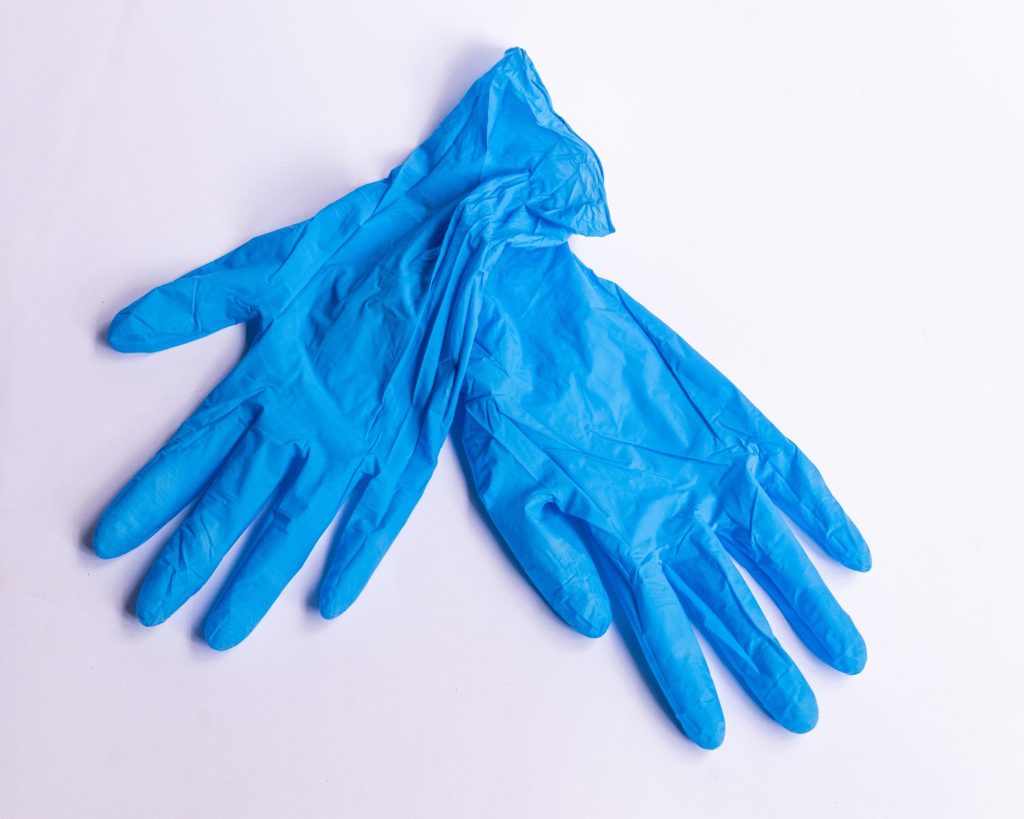
Finally, the disposal of a bo staff also has an impact on the environment. When a bo staff reaches the end of its useful life, it may be disposed of in a landfill, where it will take many years to decompose.
To minimize the impact of disposal, it is essential to consider the materials used in the product and choose a product that can be recycled or composted at the end of its useful life.
By making informed decisions and considering the environmental impact of our choices, we can all contribute to a more sustainable future.
Conclusion
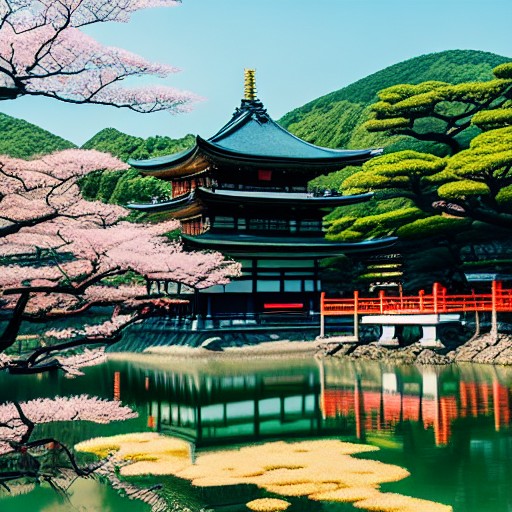
Bo staffs are a popular tool for martial arts enthusiasts, but it's essential to consider their environmental impact when making a purchase.
Factors such as the wood used, the manufacturing process, transportation, and disposal all contribute to the product's overall material footprint.
By choosing sustainably produced products and making more conscious consumption choices, we can reduce our environmental impact and help protect the planet for future generations.
[author-box-jpx-fitness]
